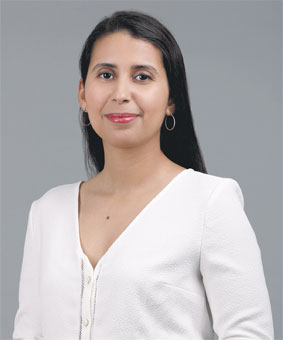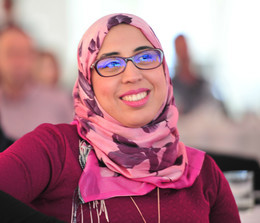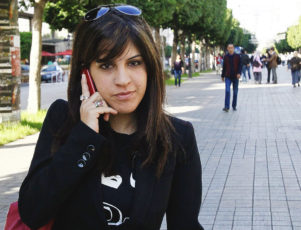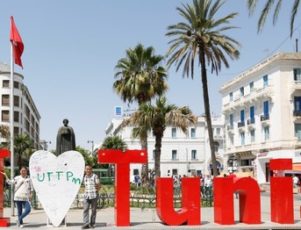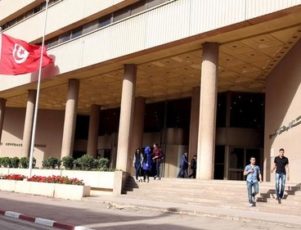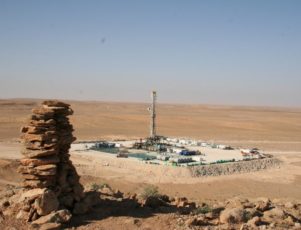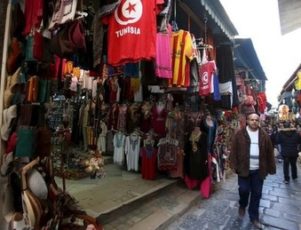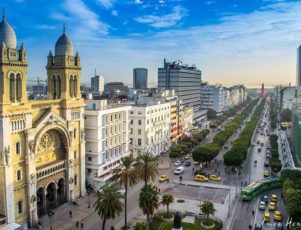InstaDeep, a Tunisian-born tech start-up, is gaining global recognition for its cutting-edge solutions that integrate artificial intelligence (AI) with decision-making processes for enterprises. Founded in 2014 by Karim Beguir and Zohra Slim, the company has grown rapidly and attracted major investments, partnerships, and customers from around the world. InstaDeep focuses on delivering AI-powered systems that assist businesses in optimizing complex decisions, offering solutions that can handle high-stakes, real-time situations in industries like transportation, logistics, finance, and healthcare.
Origins of InstaDeep
InstaDeep was founded in Tunis with a clear vision: to build AI systems that could help businesses make smarter decisions faster. Beguir, who studied mathematics and engineering in France, and Slim, a self-taught programmer, started the company from scratch. The Tunisian tech scene was still in its infancy when they launched, but their vision and determination to bring AI innovation to North Africa helped them quickly gain traction.
The company’s early days were focused on building AI models that could handle complex optimization tasks. By applying deep learning, reinforcement learning, and machine learning techniques, InstaDeep was able to develop systems that could analyze vast amounts of data, learn from it, and make high-quality decisions in real-time. This attracted the attention of international players looking for innovative AI solutions, propelling InstaDeep onto the global stage.
AI-Powered Decision-Making
The core mission of InstaDeep is to enhance decision-making processes in businesses by leveraging the power of AI. Their technology is designed to tackle the most difficult challenges that companies face when making complex decisions that involve multiple variables and constraints. The company’s solutions range from optimizing supply chains and transportation routes to creating AI-driven strategies for financial portfolios and healthcare diagnostics.
InstaDeep’s AI-powered systems are built to adapt and learn continuously, enabling companies to respond more effectively to changing conditions. For example, in the transportation and logistics industry, InstaDeep’s solutions can optimize fleet management by predicting the most efficient routes, reducing costs, and improving delivery times. In finance, the AI models help firms optimize investment strategies by analyzing large datasets and predicting market trends with a high degree of accuracy.
Partnerships and Global Expansion
InstaDeep’s reputation for innovation has led to key partnerships with some of the world’s largest technology companies. A significant milestone came in 2021 when Google DeepMind and BioNTech partnered with InstaDeep on groundbreaking AI projects. With DeepMind, InstaDeep worked on the application of AI to solve fundamental biological problems, while with BioNTech, they focused on using AI to improve mRNA vaccine design and optimization, particularly in the fight against diseases like COVID-19.
Additionally, InstaDeep has forged relationships with NVIDIA, Intel, and other global tech giants, leveraging their hardware and AI platforms to develop state-of-the-art solutions. The company’s expansion beyond North Africa includes the opening of offices in London, Paris, Lagos, Cape Town, and Dubai, enabling them to tap into key markets across Europe, Africa, and the Middle East.
Investments and Future Growth
InstaDeep has attracted significant attention from investors. In early 2022, the company raised $100 million in a Series B funding round, led by Alpha Intelligence Capital and BioNTech. This investment has enabled InstaDeep to accelerate its product development and expand its team of AI engineers, researchers, and data scientists.
With the additional funding, InstaDeep aims to broaden its focus on research and development, particularly in the fields of robotics, biotechnology, and smart infrastructure. The company is also exploring new applications for its AI technology, including autonomous systems and sustainable energy management.
Impact and Vision
As one of the first AI start-ups to emerge from North Africa, InstaDeep has not only made a name for itself globally but has also contributed to the growth of the tech ecosystem in Tunisia and beyond. By proving that world-class AI technology can be developed in regions outside traditional tech hubs, InstaDeep has inspired a new generation of African entrepreneurs.
InstaDeep’s vision for the future is ambitious. The company aims to become a global leader in enterprise AI solutions by continuing to push the boundaries of innovation. With its strong focus on ethical AI development and a mission to solve real-world problems, InstaDeep is poised to play a crucial role in shaping the future of AI-powered decision-making across multiple industries.
InstaDeep’s success is a testament to the potential of AI to transform industries and improve decision-making processes in meaningful ways. By developing AI systems that learn, adapt, and optimize in real time, the company is helping businesses around the world navigate an increasingly complex and data-driven environment. With its continued growth and innovation, InstaDeep is well-positioned to remain at the forefront of the AI revolution.
sources : yaluna.tn



